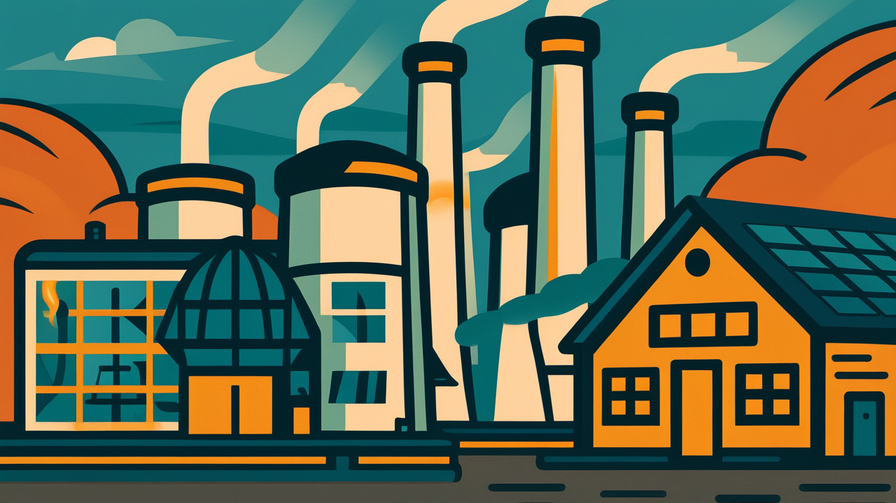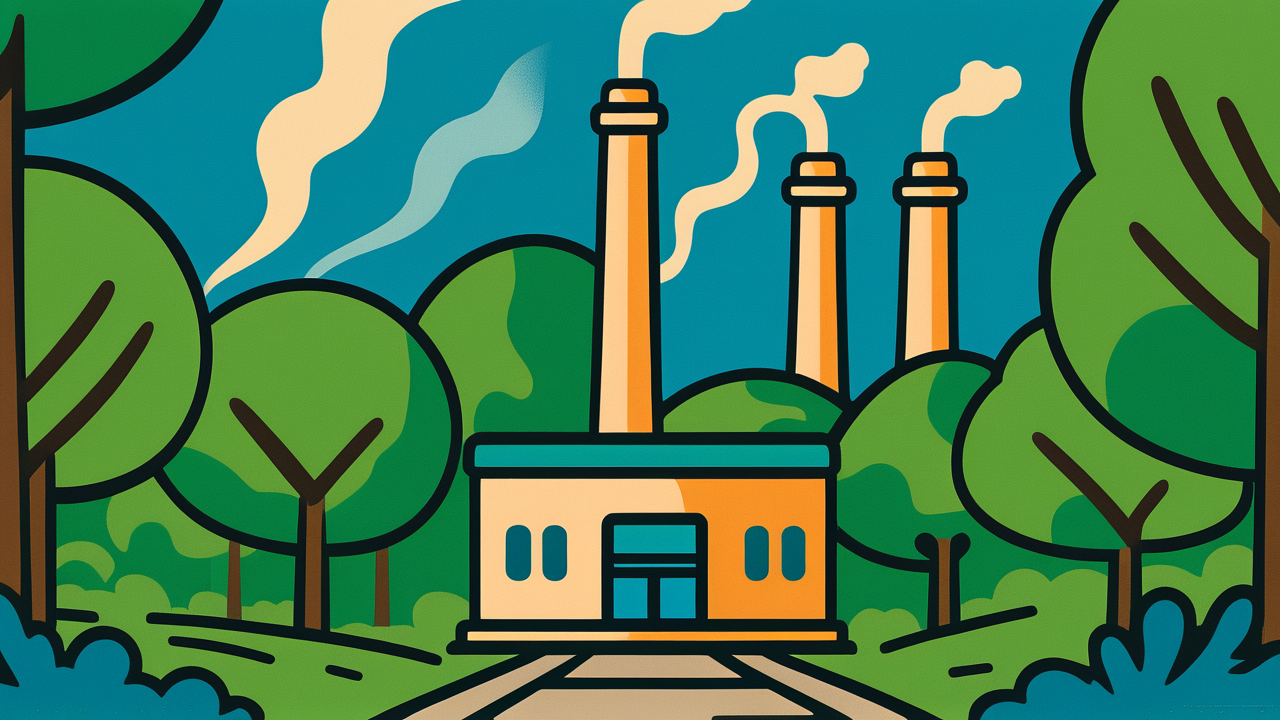[Disclaimer] This article is reconstructed based on information from external sources. Please verify the original source before referring to this content.
News Summary
The following content was published online. A translated summary is presented below. See the source for details.
In 2023, the European Union’s industry sector saw a significant decrease in final energy consumption, dropping to 8,990 petajoules (PJ). This represents a 5.3% reduction compared to 2022’s consumption of 9,489 PJ. The manufacture of pulp sub-sector experienced the most substantial decline, with energy use falling by 17.9%. Other notable decreases were observed in the chemical and petrochemical industries (-9.2%) and the iron and steel sector (-6.9%). Conversely, the non-ferrous metals industry saw a slight increase of 0.8% in energy consumption. This overall reduction in industrial energy use aligns with the EU’s ongoing efforts to improve energy efficiency and reduce carbon emissions across various sectors.
Source: Eurostat News
Our Commentary
Background and Context

The European Union has long been committed to reducing its energy consumption and carbon footprint. This latest data from Eurostat reflects the ongoing efforts to achieve energy efficiency targets set by the EU as part of its broader climate action plan. The industrial sector, being a major energy consumer, plays a crucial role in these efforts.
Expert Analysis
This significant drop in industrial energy consumption could be attributed to several factors, including improved technology, stricter regulations, and possibly economic slowdowns in certain sectors.
Key points:
- The 5.3% reduction in energy use is a substantial achievement for the industrial sector.
- The varying rates of decrease across different industries suggest targeted efforts or sector-specific challenges.
- The slight increase in the non-ferrous metals industry may warrant further investigation.
Additional Data and Fact Reinforcement
To put this reduction into perspective, consider the following:
- The 499 PJ decrease is equivalent to the annual electricity consumption of approximately 30 million EU households.
- According to the European Environment Agency, industry accounts for about 25% of the EU’s total energy consumption.
- The EU aims to reduce its overall energy consumption by 32.5% by 2030, compared to 2007 projections.
Related News
This reduction in industrial energy use aligns with other EU initiatives, such as the European Green Deal and the “Fit for 55” package, which aim to make Europe climate-neutral by 2050. It also comes at a time when global energy markets are experiencing volatility due to geopolitical tensions and the transition to renewable energy sources.
Summary

The 5.3% reduction in EU industrial energy consumption is a significant step towards meeting climate goals. While challenges remain, particularly in certain sectors, this trend demonstrates that the EU’s energy efficiency policies are having a measurable impact. Continued monitoring and targeted interventions will be crucial to maintain this positive trajectory.


